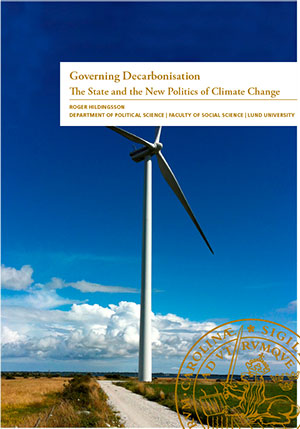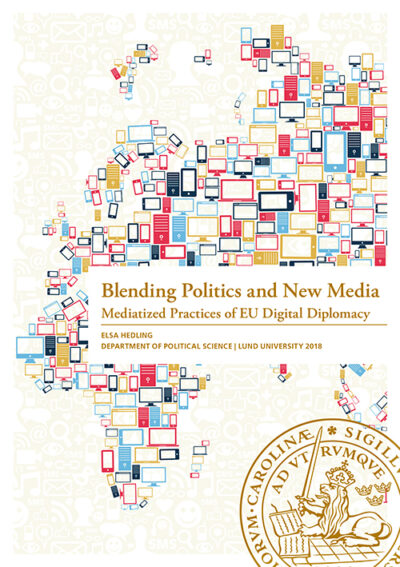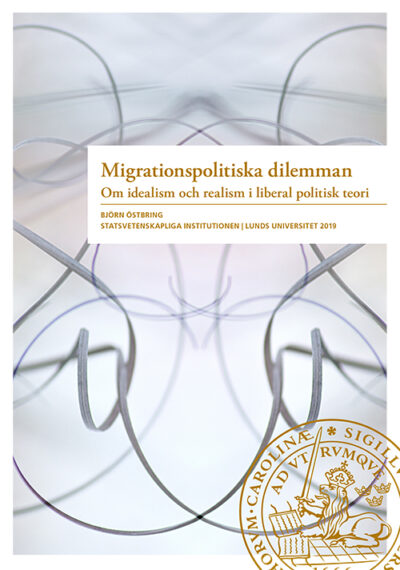Description
This dissertation examines contemporary politics targeting people with intellectual disabilities. Since this group first emerged, under labels such as ‘idiocy’ and ‘mental deficiency’, around the turn of the 20th century, its members have been seen as lacking the capacities necessary for citizenship and full societal belonging. For the last forty years, however, liberal democracies and international organizations have set out to include the group through policies promoting citizenship, emphasising ‘self-determination’, ‘independence’, and ‘autonomous decision-making’ as key ambitions. As a result, institutional care has been downscaled and replaced by socially integrated living arrangements. This is often described as a shift of paradigms in disability politics. I argue that this shift means that the same ideas of humanity, as characterised by ‘reason’ and ‘rationality’, that was once used as a yardstick to define and exclude ‘intellectual disability’, are now being put to work to include the group. The purpose of the thesis is to provide a theoretical understanding of what happens after the introduction of this kind of politics, in the era that I call ‘post-institutionalisation’. I do so by approaching the government of this group as an instance of what Foucault called ‘biopolitics’, which denotes the efforts of governments to manage human life, and by drawing on Judith Butler’s theorising of subjectivity.
The dissertation proceeds in three analytical steps. In its first part, by focusing on how ‘intellectual disability’ is constituted by scientific and classificatory knowledge, I argue that this diagnosis came into being and persists for purposes of government. Rather than being a biologically rooted condition that policies respond to and target, it is a political and normative category that is made to appear as biological and natural. In this way, a firm line between ‘normalcy’ and ‘intellectual disability’ is constructed. In the second part, I examine how this group today is targeted by policies aiming for inclusion and citizenship. The result of how intellectual disability is both seen as the opposite of the norm of the ‘good citizen’ and as the target of citizenship inclusion, is a politics that simultaneously includes and excludes intellectual disability. Thus, rather than discarding the power exercised over people with intellectual disabilities, power has transformed into a biopolitical regime that seeks to mould members of this group to become included citizens, whilst concurrently upholding their exclusion by continued constraints. Lastly, in the third part of the study, I examine the possibilities of contesting the contemporary biopolitical regime. Here, the main argument is that a productive critique of the government of intellectual disability needs to reconsider the notion that humanity is defined by its capacities of ‘reason’ and ‘rationality’.



